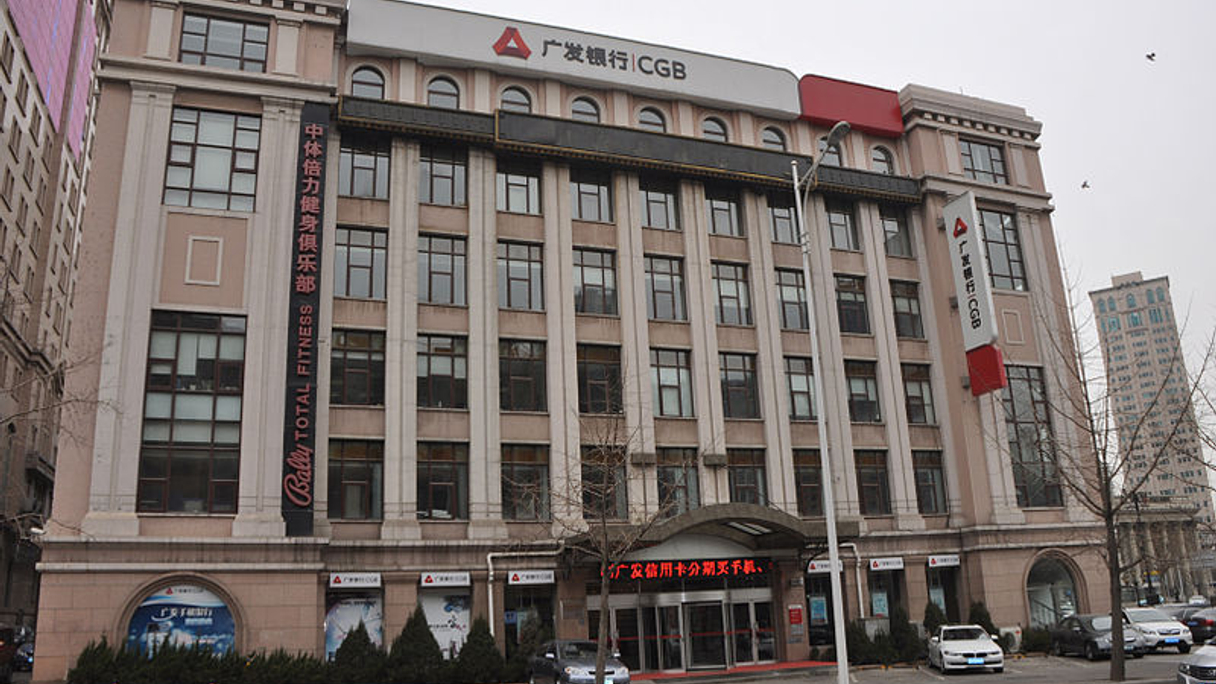Citigroup has agreed to sell its 20% shareholding in China Guangfa Bank to China Life Insurance for $3 billion, fine-tuning its business in China as the cost of holding stakes in other banks grows.
¬ Haymarket Media Limited. All rights reserved.



